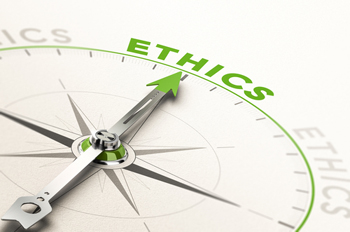Federal judiciary adopts ethics rules barring sex harassment, egregious treatment of workers

New ethics rules adopted by the federal judiciary Tuesday make clear that sexual harassment is banned, and that judges and their employees have a reporting obligation when such conduct happens.
Reliable information about judicial misconduct as well as judicial disability must be reported, according to the rules adopted by the policymaking Judicial Conference of the United States. Unwanted, offensive or abusive sexual misconduct is banned, as is “egregious and hostile” treatment of workers, according to a press release.
The rules also bar intentional discrimination on the basis of race, color, sex, gender, gender identity, pregnancy, sexual orientation, religion, national origin, age or disability. Retaliation for reporting misconduct is prohibited.
The changes are incorporated in conduct codes for the federal judiciary and judicial employees, as well as rules governing judicial conduct and disability.
The ethics rules don’t apply to the U.S. Supreme Court. But Justice Elena Kagan told a congressional committee last week that Chief Justice John G. Roberts Jr. is studying the possibility of a conduct code that applies only to the high court.
The rule changes are a response to recommendations of a working group formed after the resignation of Judge Alex Kozinski of the 9th U.S. Circuit Court of Appeals at San Francisco. Fifteen women had accused Kozinski of inappropriate sexual comments and conduct in two Washington Post articles.
Chief Judge Merrick Garland of the U.S. Court of Appeals for the District of Columbia Circuit briefed reporters on the rule changes Tuesday, report Bloomberg, Politico and the Washington Post.
“We’ve tried to produce an array of ways in which people can raise concerns about misconduct in the hope that that will give us warning in time to do something about bad behavior,” Garland said. “Obviously, the idea is to fix the problem.”
Judiciary employees can report misconduct to a new Office of Judicial Integrity.
Garland said the judiciary will take the lead in conducting investigations of misconduct. “We think we can police our own,” he said.



